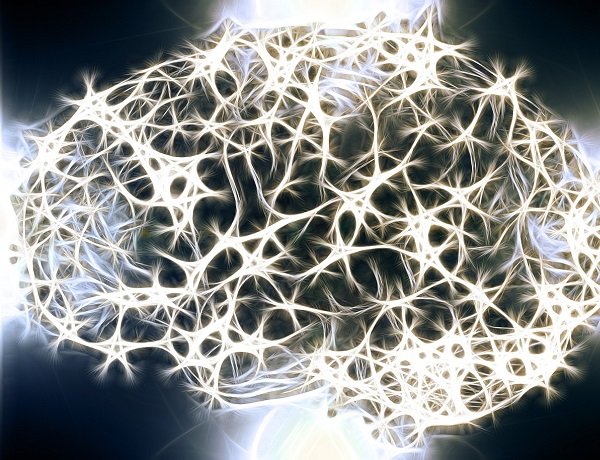Many properties of the brain are studied using brain organoids. Brain organoids are clusters of brain cells grown from stem cells. In August 2019, researchers at the University of California, San Diego (UCSD) discovered that human brain organoids create brain waves similar to premature babies.
Researchers use brain organoids in a variety of studies.

At UCSD, the researchers connected brain organoids to walking robots, modified brain organoids to express Neanderthal genes, and used brain organoids to advance AI. Some research is testing how potential Covid-19 drugs affect the brain. Brain organoids are essential for many neurological studies.
The brain waves discovered in the UCSD study could be a sign of consciousness.

This has raised many ethical questions. If these brain organoids are conscious, is it ethical to create and study them?
This is not the first time neurological studies created ethical questions.

A research team at Yale restored brain function to a pig that died hours earlier. They removed the brain and infused it with chemicals to restore its cellular functions. Similar experiments have revived disembodied mice brains. But, is it ethical to give consciousness to disembodied brains?
Neurological research is important and leads to cures for many human diseases.

Specifically, human organoids are used to study autism and schizophrenia, which cannot be studied on mice brains. But this research may require creating conscious brain matter.
It is hard to police this type of research.

We do not have a way to measure consciousness. We even struggle to understand the experience of people in vegetative states or in comas. This makes it even more difficult to determine if revived brains or brain organoids are conscious. One of the first steps is for scientists to create tests to determine if brain matter is conscious. Meanwhile, research ethicists are closely watching to ensure neurological studies do not cross an ethical line.
h/t: Nature

















































